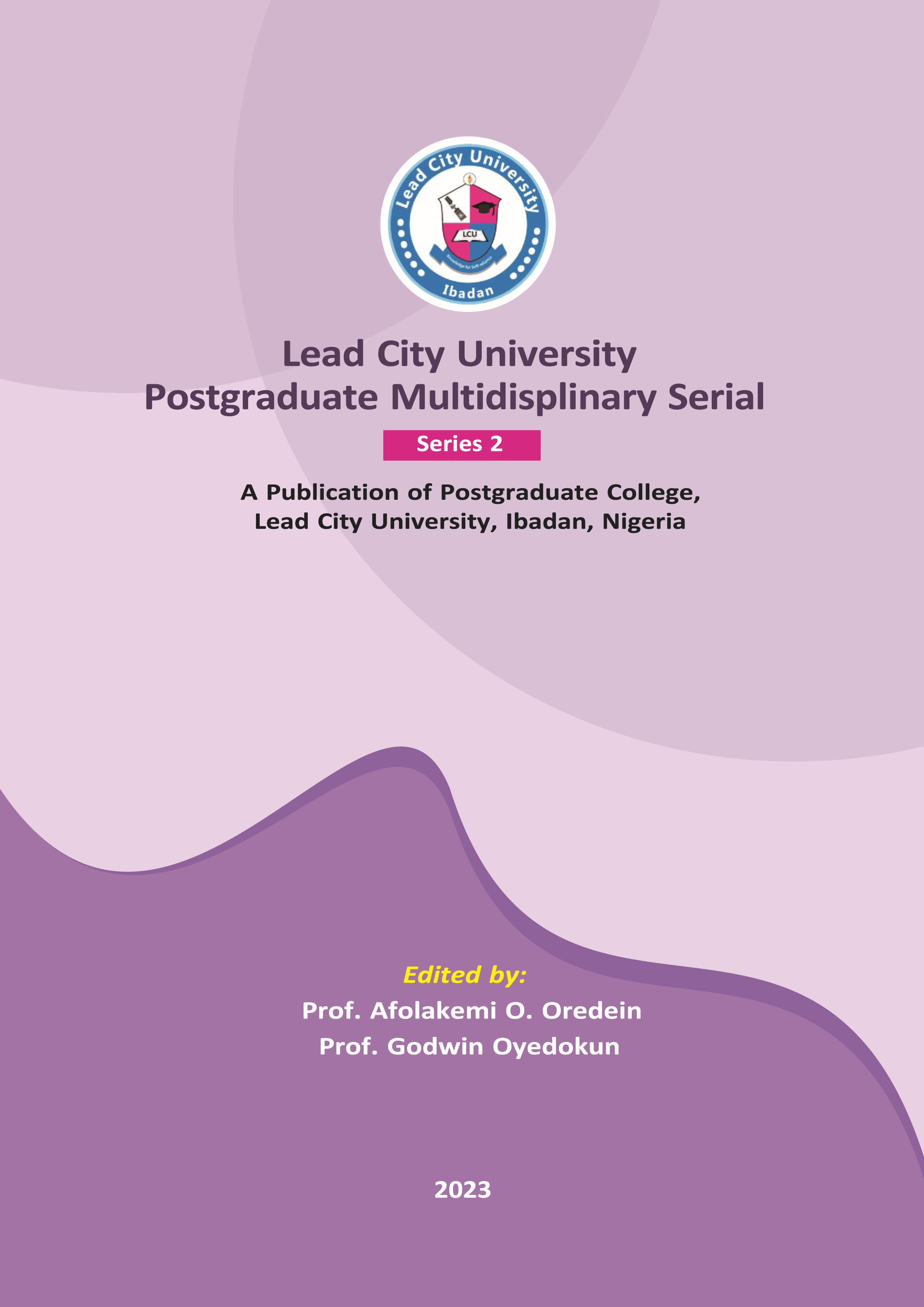Online Presence of Reproductive Health Advocacy Campaign Organisations and Knowledge of Sickle Cell Disease among Undergraduates of Two Private Universities in Oyo State
Keywords:
Advocacy campaign organisations, Knowledge, Online presence, Private University Undergraduates, Reproductive health, Sickle Cell DiseaseAbstract
Nigeria is one of the epicenters of the Sickle Cell Disease (SCD) with substantial cases. Globally,
lack of knowledge of SCD especially people within the reproductive age is frequently attributed to
the increase in recorded cases of SCD. Therefore, this study investigates online presence of
reproductive health advocacy campaign organisations and knowledge of sickle cell disease among
undergraduates of two private universities in Oyo State. The study is anchored on Information
Processing Theory; it adopted exploratory sequential research design involving content analysis
and descriptive survey research design. Qualitative data involved ten health advocacy
organisations; through content analysis using non/frequency counts and contingency data analysis;
quantitative data collection involved a sample of 323 undergraduates of Lead City University and
Kola Daisi University using self-developed 'Social Media Sickle Cell Advocacy Campaign
Questionnaire' administered on Google forms and analysed using descriptive and inferential
statistics, Findings revealed that ten advocacy organisations have online presence majorly on
Twitter (70%), Instagram (70%) and Facebook (70%); fully involved in providing online support
services through informative sharing of educational contents, research findings, organising
conferences and fund raising. Findings further revealed that majority of the undergraduates have a
good knowledge of SCD which suggested that online advocacy campaigns effectively enhance
their knowledge. Again, there was a significant relationship between social media advocacy
campaigns and the level of knowledge of SCD (0.701; P=0.000). The study concludes that social
media platforms are potential and powerful tools for disseminating health information and suggest
its intensive and proactive use among the young people.

